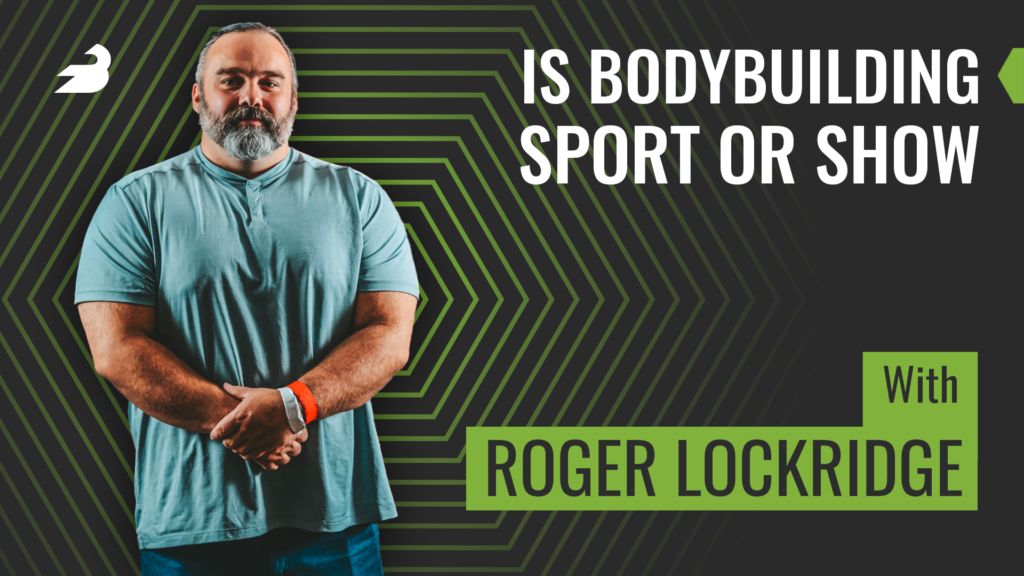Today I’m talking to one of the fitness world’s prolific writers, Roger Lockridge. Roger is a longtime contributor to all sorts of outlets, including BarBend and Breaking Muscle. He’s also one of the world’s best-known writers on bodybuilding, and he’ll be covering the Olympia Weekend live and in person this year (as he did last year as well). Roger joins the podcast to talk about building an unlikely career — even from his home in rural West Virginia — as well as how to talk about bodybuilding. Is it a sport? Is it a pageant? Or is it something else entirely?
Before we get into that, I want to give a quick shoutout to today’s episode sponsor, Thirdzy. Thirdzy’s PM Recovery Collagen is formulated to help you sleep deeper and recover faster. It’s got collagen peptides to support muscle, bone, and ligament health, plus sleep-promoters like magnesium, L-theanine, and tryptophan to help you fall asleep and stay asleep for better recovery. I’m personally a huge fan of magnesium before bed to help with relaxation. Wake up feeling energized and ready for the day and training ahead. Use code BarBendZzz — that’s BarBend with three Zs after it — for 25% off today.

In this episode of The BarBend Podcast, David Thomas Tao and Roger Lockridge discuss:
- How Roger first reached out to David and built a writing career (2:10)
- Who are we really writing for? (5:30)
- Why didn’t BarBend cover bodybuilding for so many years? (9:46)
- The difficulties of writing about an inherently visual sport (12:00)
- Covering the Olympia weekend live, and what to keep in mind when watching bodybuilding coverage (15:00)
- Roger’s favorite bodybuilding division (17:00)
- How to be a better bodybuilding spectator (21:00)
- What would Roger change about bodybuilding if he could? (24:20)
Relevant links and further reading:
- Follow Roger Lockridge on Instagram and Twitter
- Follow David Thomas Tao on Instagram and Twitter